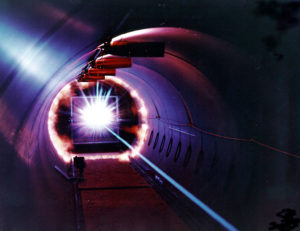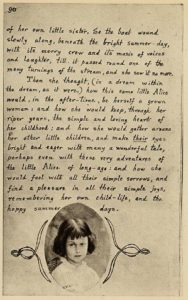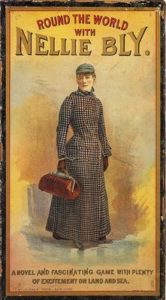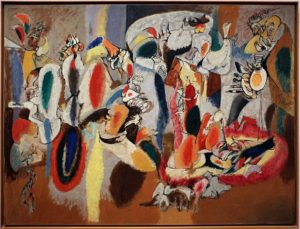Rejuvenation by Deborah L. Davitt and Kendall Evans
 The metal of the plow drives through black earth,
The metal of the plow drives through black earth,
grinding when it strikes hidden rocks,
as when a boat’s keel finds a reef’s coral fingers;
the stones bite the metal, chew flakes from its edge.
The plowman steadies himself beneath a cloud-veined sky—
the last sliver of the moon peers at him,
like a closing eye, veiled,
as the sun lurks just below the horizon.
He stoops to study the damaged plow blade;
his heart yearns for the quickening of the equinox;
his waning, eroded spirit thirsts for spring.
Winter-grown nettles pluck his flesh
as he breaks open the furrow with his blade,
spiteful thorn-vines clutch him, pull him down,
gashing his head on the plow—
blood to feed the hungry earth.
As he struggles to rise, he spots a chick
fallen from its nest in a tree near the field,
struggling to escape the ground,
even as the farmer does.
A hungry fox snaps it up;
his vision widens, somehow
seeing through the thorn-vines,
twining up the chick’s blighted tree,
cascading down into a glade where
a wolf takes down a broken-legged fawn,
snaking hungry tangles into the den
where the pups wait, ravenous.
The vine’s tangles spread everywhere,
looping even around cocoons
of reborn butterflies as they’re plundered
by new-woken wasps,
and he feels the thorns of it
biting into his flesh,
like the crows
who have come
to join the feast.
He struggles to his feet
but new tendrils coil and clutch
with vernal strength
dragging him down to plowed soil
where sharp thorns probe for ingress
into his flesh, and vines
tighten, lashing him
to the ground.
Thorns and talons
beaks and claws,
the rending of flesh;
his life pours
into the furrows
of the barren field,
his perception
flowing like ink,
shrinking, sinking
fading into
the earth.
While his
waning
spirit
welcomes
oblivion.
illustration is – Wölfe reissen einen Hirsch (1855) by Friedrich Gauermann




